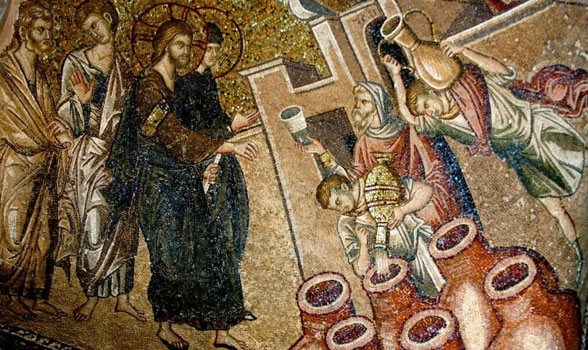
This week has been declared Transgender Faith Action Week by the Interfaith Coalition for Transgender Equality, a fact to which I was drawn by Becky Garrison‘s article for Cif Belief. This comes after the wonderful 4thought.tv (which airs short personal statements on controversial subjects after the evening news on Channel 4) spent a week discussing “Is it wrong to change gender?”
The week began with a video by Christina Beardsley, a Church of England priest, hospital chaplain and vice-chair of Changing Attitude. Beardsley transitioned a decade ago, after 23 years of ordained ministry, and gave a succinct and compelling 105 seconds on the church and transgender. After introducing herself, she loses no time in making the point: “There is no theological objection to someone changing gender”. No ifs, no buts, no cautious relative clauses, and it is a quote she takes from George Carey, former Archbishop of Canterbury, and one who in no way could be labelled as a liberal. If that were not shocking enough for many people Christian and non-Christian alike — she continues by lauding the Bible for being transgender friendly. I really enjoyed seeing her hard-hitting approach, made all the more necessary due to the inherent prejudice against transgender, despite strong theological arguments to the contrary.










